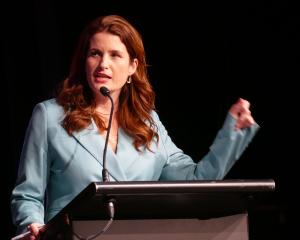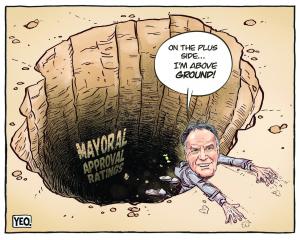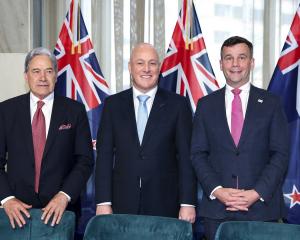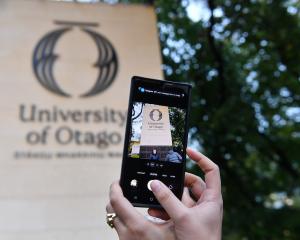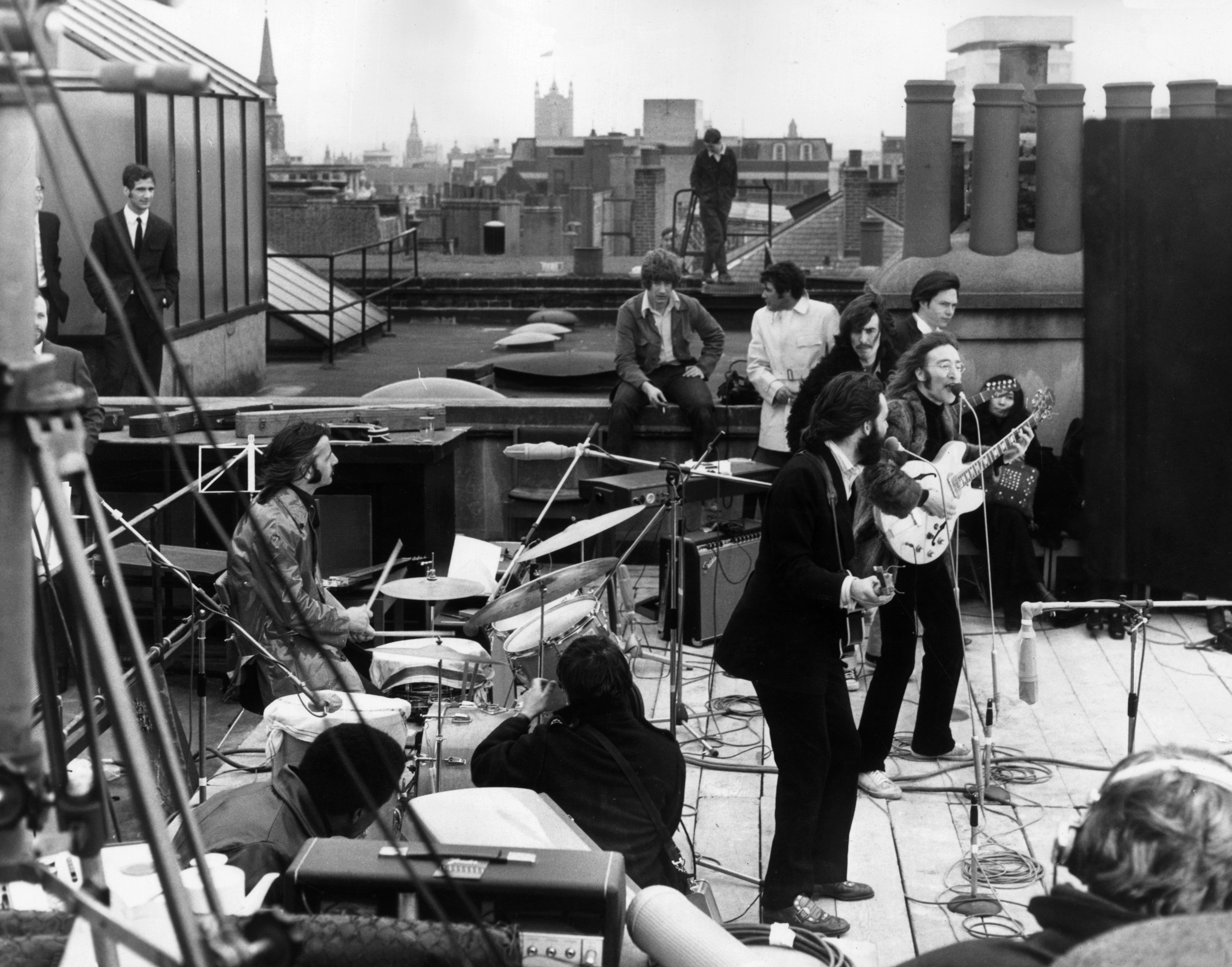
What kind of world are boomers leaving their children?, Mike Horder asks.
I am a baby boomer. Like many of my contemporaries I feels ours was a profoundly blessed generation.
But, at the same time, I have a vague sense of shame at the mess we might now be leaving as our legacy to future generations.
But, if I’m looking for consolation, isn’t it a fact that every generation has its challenges ? Only the gravity of those challenges vary.
So are the challenges facing the younger generation today more grave - perhaps more grave than they’ve ever been before?
We live in anxious times.
That metaphorical Doomsday Clock seems to have been homing in on midnight for years.
Might we have already passed the point of no return? Are the challenges now confronting humanity existential, and potentially apocalyptic?
Whatever our individual response to that might be, many of us would acknowledge a growing sense of impending crisis that, as of now, we seem powerless to address.
So what has brought us to this pass? How have we allowed ourselves, as a species, to wander into this seemingly desolate wasteland? One can only speculate.
Maybe it is because, in the West anyhow, ever since the emperor Constantine back in the 4th century, we’ve had a vision and encouraged church and state to become bedfellows.
Or maybe it is because our Western culture, the offspring of Greco-Roman thinking, has fallen prey to that narrative with its presumption of the paramountcy of the mind.
Rene Descartes, in 1637, attempted to sum up that mindset with the precept "cogito, ergo sum" - "I think, therefore I am".
That thinking resonated with most of the great philosophers of that time - so much so that most were seduced into believing humanity might by the application of intellect alone solve all its problems.
Might it be that things have come to their present pass because we’ve made an idol of knowledge? Maybe we’ve spent way too much time worshipping at the thought temple, and leaving our gifts, offerings and votives at the foot of the totem of technology.
Perhaps, with that preoccupation, we’ve allowed the other side of our nature, the feeling side, the heart side, that place where the things of the soul - intuition, imagination, creativity - are generated, to wither on the vine?
Albert Einstein, one of the greatest thinkers humanity has ever produced, talked a lot about God but, when questioned about that would never elaborate. Maybe that was because he was never going to allow his colours to be pinned to the mast of any one creed or dogma. All he would say was that, as he pondered the deepest mysteries of the cosmos, he often found himself coming back to God.
"God doesn’t play dice" was one of his oft-repeated quotes. Why would he say that?
Was it because, as he pondered those deepest mysteries of the cosmos, he heard whispers of intelligent design?
Maybe he had come to see, as had St Paul, 2000 years or so earlier, that, in this life, given the constraints of our mortality, all we could ever hope to see was as (one translator put it) "through the glass darkly".
There’s no doubting Einstein’s contribution to scientific advancement but, maybe he offered us all something else as well - his gracious humility - the awareness that even science has its limitations. Maybe the truth is that humanity will never find the promised land it seeks by the application of intellect alone. One wonders whether, were he to be brought back today, Descartes might, with the wisdom of
hindsight, allow his principle to be amended to read "cogito et sentio, ergo sum" - I think and I feel, therefore I am.
Some might say the major challenge now facing humanity is global warming. Others that it’s the breaking wave of AI that threatens to convulse us irretrievably.
What some see as a panacea to all our problems others see as an existential threat to our species.
But maybe we all need think again - and listen to our hearts as well.
Maybe the major challenge facing humanity right now is none of those things - not political, social, economic, or whatever. Maybe it’s spiritual.
St Paul again, in his first letter to the Corinthians written around 2000 years ago, wrote words to this effect: "When all is said and done only three things remain, Faith, Hope, and Love, and the greatest of these is Love".
And, more recently, around 60 years ago, John Lennon summed it up rather more concisely when he wrote, and with his fellow Beatles sung: "All you need is Love. Love is all you need."
- Mike Horder, of Wānaka, is a licensed Anglican lay minister.


